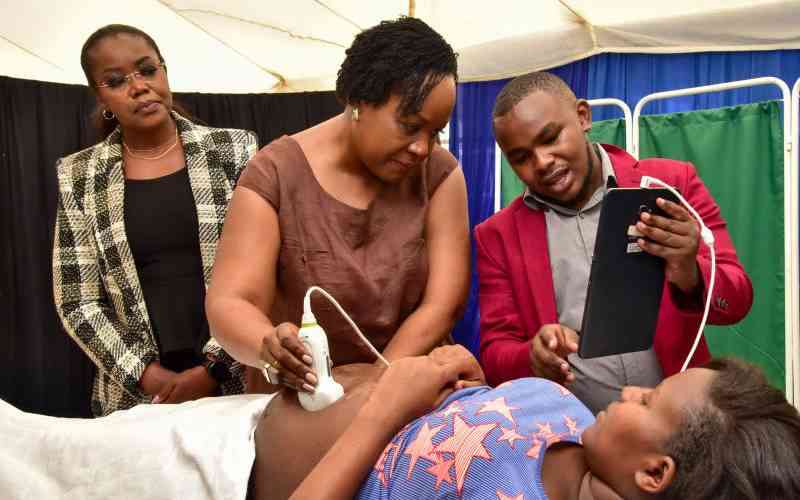
During a recent forum to offer free sensitisation to mothers on matters pregnancy, labour and childbirth, a first-time mother confessed that she didn't know women needed to take folic acid supplements three months before getting pregnant.
This confession opened a lid on the existing information gap among mothers, their partners and those planning to become parents when it comes to antenatal and postnatal care. In this forum, dubbed Mommy and Baby Fair organised annually by the Nairobi Hospital, over 300 mothers and their nannies from different socio-economic backgrounds attended the free training sessions about pregnancy care, pain relief options in labour, childbirth, lactation, immunisation, nanny training, nutrition for mothers and myths surrounding pregnancy and delivery.